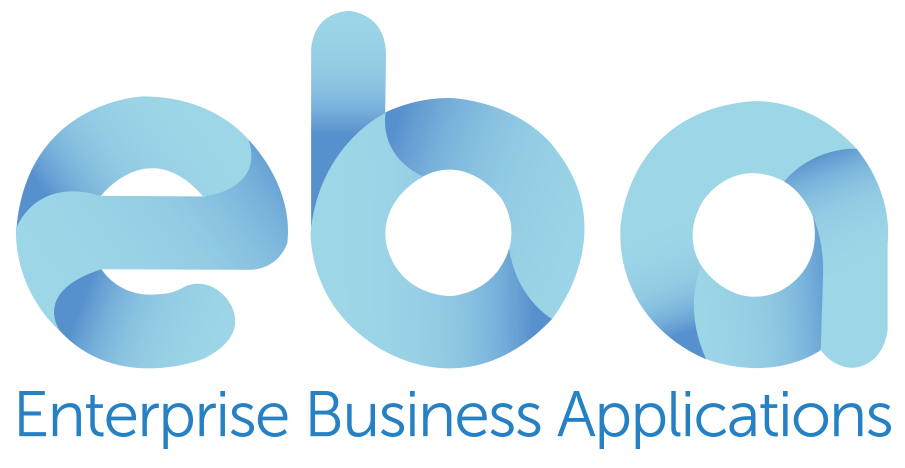If you’ve heard about Salesforce, you might be wondering, what exactly is it? Is it just another CRM (Customer Relationship Management) tool, an email marketing system, a big Excel sheet, or something more? The truth is, Salesforce has evolved significantly since its inception. Let’s explore what Salesforce really is, its journey from a cloud CRM to a comprehensive platform, and how it can benefit your business.
From CRM to Platform: Salesforce’s Evolution
Salesforce was founded in 1999 with a revolutionary idea: to provide a cloud-based CRM that would transform how businesses manage customer relationships. At that time, CRM systems were typically on-premises and required significant IT resources. Salesforce’s cloud-based model made CRM more accessible and cost-effective, setting a new standard in the industry.
However, Salesforce did not stop at CRM. It recognised the need for a versatile platform that could cater to a wide range of business needs. Over time, Salesforce expanded its offerings to include powerful application development capabilities, allowing users to build custom solutions tailored to their unique needs. This transformation has positioned Salesforce as not just a CRM but a comprehensive platform for digital transformation.
Key Acquisitions That Shaped Salesforce
Salesforce’s growth and diversification have been significantly influenced by its strategic acquisitions. Each acquisition has contributed new capabilities and broadened the scope of Salesforce’s platform:
-
Slack (2021): Acquired to enhance team collaboration and communication, integrating seamlessly with Salesforce’s suite of tools.
-
Tableau (2019): Strengthened Salesforce’s data analytics capabilities, providing powerful visualisation tools to help businesses gain insights from their data.
-
MuleSoft (2018): Expanded Salesforce’s integration capabilities by providing tools to connect various systems and applications.
-
Demandware (2016): Added to Salesforce’s portfolio to bolster its e-commerce solutions, now part of Salesforce Commerce Cloud.
-
ExactTarget (2013): Formed the foundation of Salesforce Marketing Cloud, enhancing tools for email marketing, social media, and digital advertising.
-
ClickSoftware (2019): Improved field service management capabilities, now integrated into Salesforce Field Service.
-
Vlocity (2020): Brought industry-specific solutions to Salesforce, offering tailored applications for various sectors.
-
Krux (2016): Enhanced Salesforce’s data management capabilities, now part of Salesforce Marketing Cloud.
-
Quip (2016): Integrated productivity and collaboration tools into Salesforce, allowing teams to work together more efficiently.
-
Buddy Media (2012): Expanded Salesforce’s social media marketing capabilities, now part of Salesforce Marketing Cloud.
-
Datorama (2018): Added advanced marketing intelligence capabilities, helping businesses analyse and optimise their marketing efforts.
-
Tenyx (2024): A developer of AI-powered voice agents that create natural and engaging conversational experiences, transforming customer service.
-
Airkit.ai (2024): A low-code platform that helps e-commerce companies build AI-powered customer service agents. Agentforce
-
Own (2024): An independent backup and recovery product, as well as top-rated data archiving, seeding, and security solutions.
These acquisitions have enabled Salesforce to evolve from a CRM provider into a comprehensive business platform with extensive capabilities.
Building Custom Business Applications with Salesforce
One of Salesforce’s standout features is its ability to build custom business applications. Through the Salesforce Platform, businesses can create tailored applications to meet specific needs without extensive coding skills. This low-code environment enables users to develop and deploy applications that integrate seamlessly with Salesforce’s existing data and functionalities.
Salesforce’s Diverse Clouds and Tools
Salesforce offers a suite of specialised clouds and tools that cater to various business needs:
-
Sales Cloud: Manages sales processes, tracks leads and opportunities, and helps sales teams close deals more effectively.
-
Service Cloud: Focuses on customer service with features like case management, knowledge bases, and omni-channel support.
-
Field Service: Optimises field operations, including scheduling, dispatching, and managing service activities in the field.
-
CPQ (Configure, Price, Quote): Simplifies the process of creating accurate sales quotes by configuring products, pricing, and generating quotes.
-
Commerce Cloud: Provides a platform for e-commerce solutions, enhancing online sales and customer experiences.
-
Marketing Cloud: Automates marketing campaigns, analyses customer behaviour, and engages with audiences across various channels.
-
Einstein Analytics: Offers AI-powered insights and predictive analytics based on your data.
Integration and Unified Data: Customer 360
One of Salesforce’s greatest strengths is its ability to integrate various aspects of your business. Customer 360 provides a unified view of your customer data, ensuring that every department has access to the same up-to-date information. This integration facilitates better collaboration and more personalised customer interactions.
The Role of Salesforce Einstein
Salesforce’s AI platform, Einstein, enhances all these tools with advanced automation and insights. Einstein helps businesses make data-driven decisions by predicting customer behaviour, automating tasks, and providing actionable recommendations.
So, What Is Salesforce Really?
In summary, Salesforce is:
- A CRM for managing customer relationships.
- A platform for building custom business applications tailored to your needs.
- A suite of clouds and tools for sales, service, marketing, field operations, and e-commerce.
- An integration hub that provides a unified view of your data across various functions.
- An AI-driven solution that offers automation and insights to improve efficiency and decision-making.
Salesforce is not just a tool; it’s a comprehensive ecosystem designed to support your business’s growth, enhance efficiency, and deliver exceptional customer experiences.
Ready to explore Salesforce further? Visit Trailhead to access free learning resources and discover how Salesforce can be customised to meet your unique business needs.

